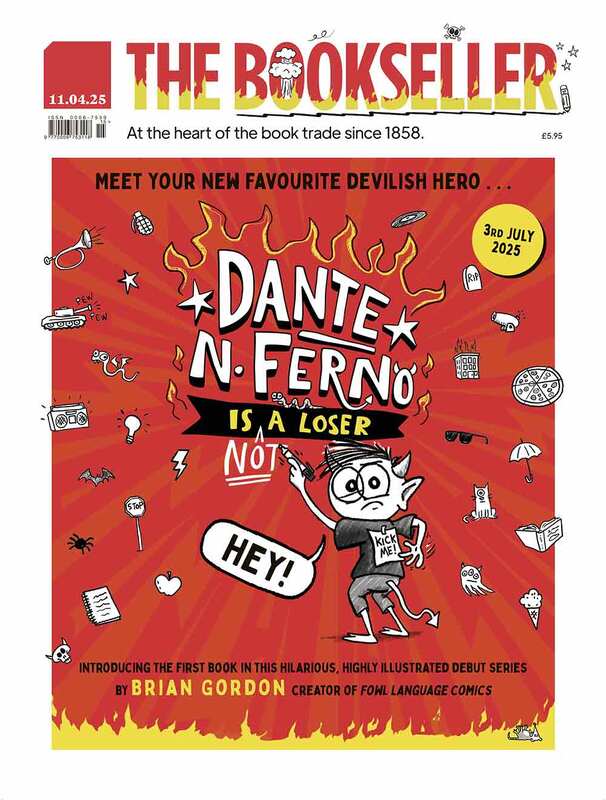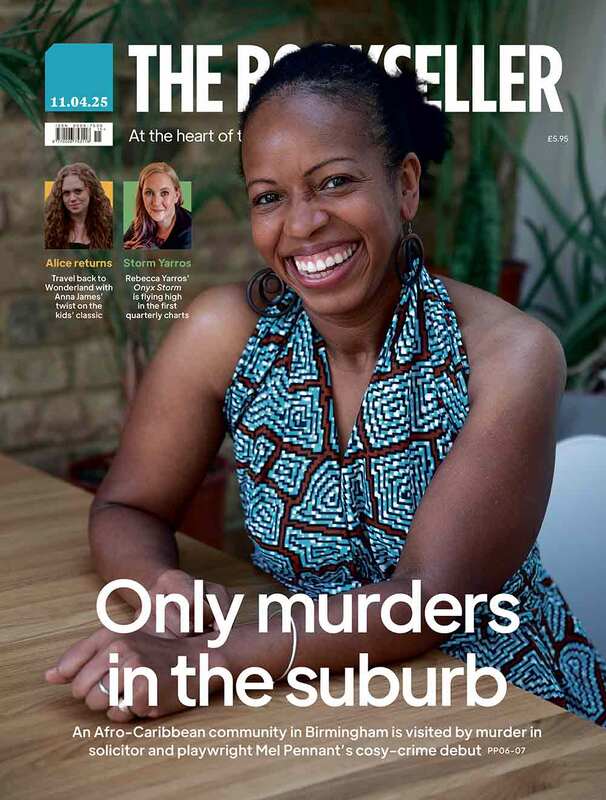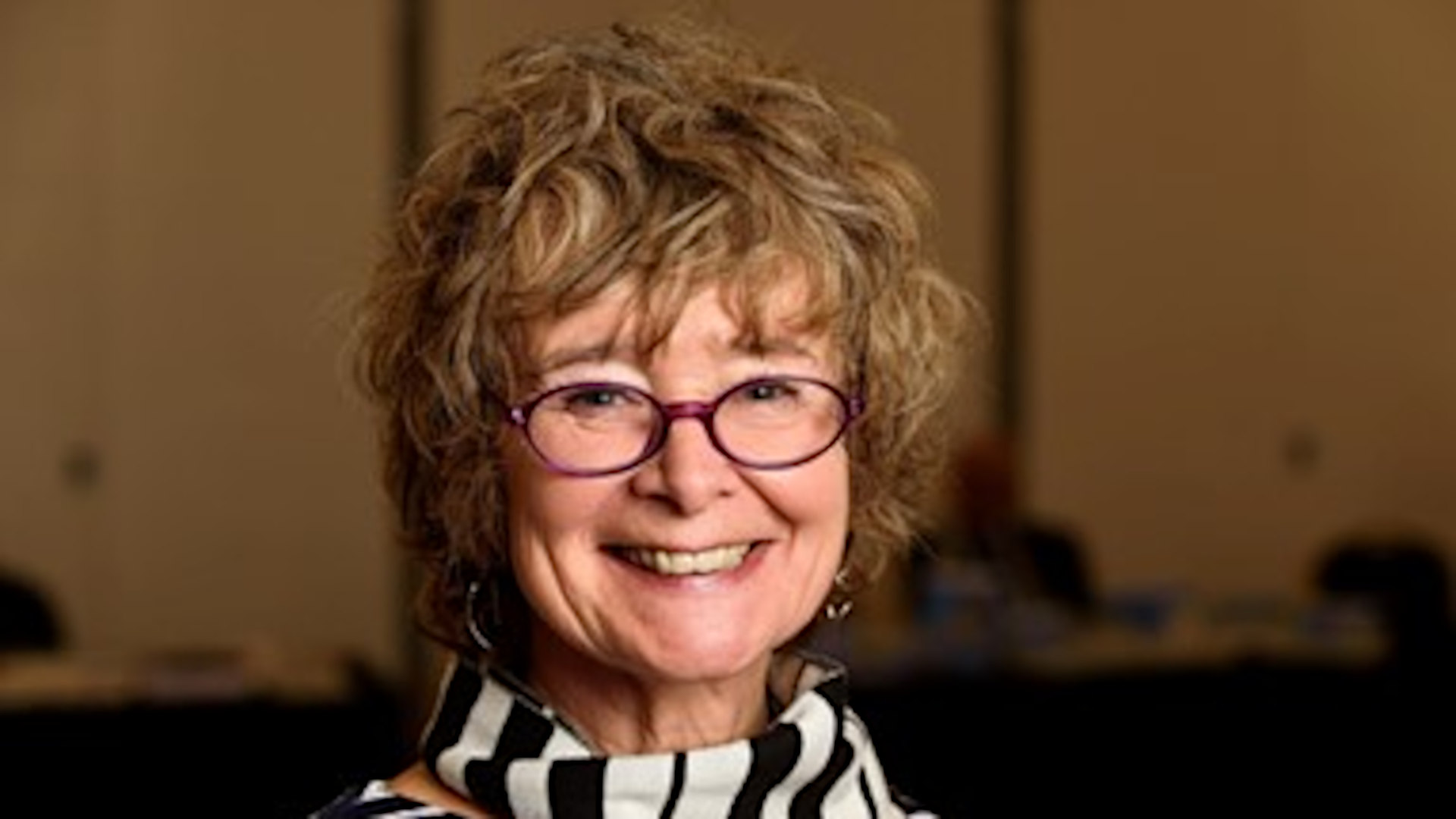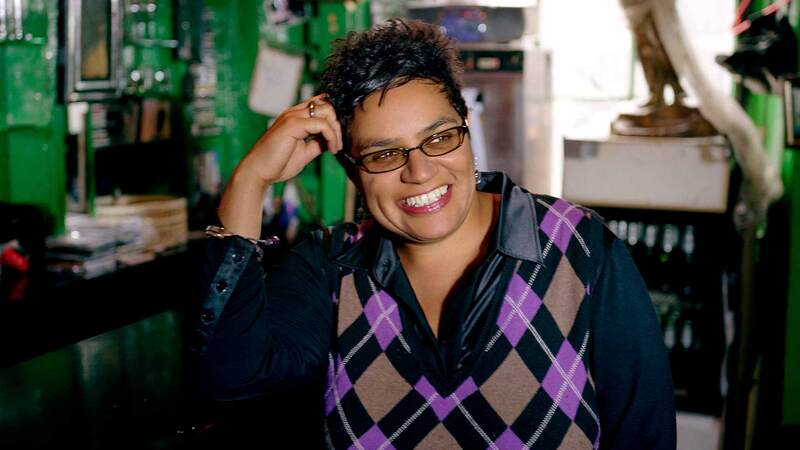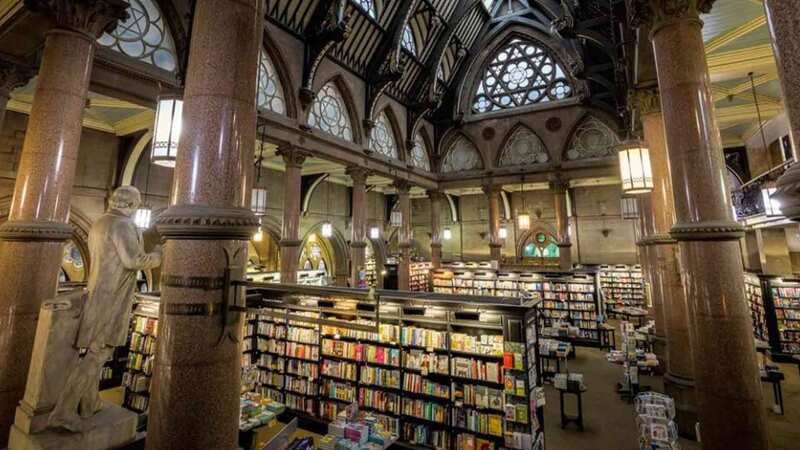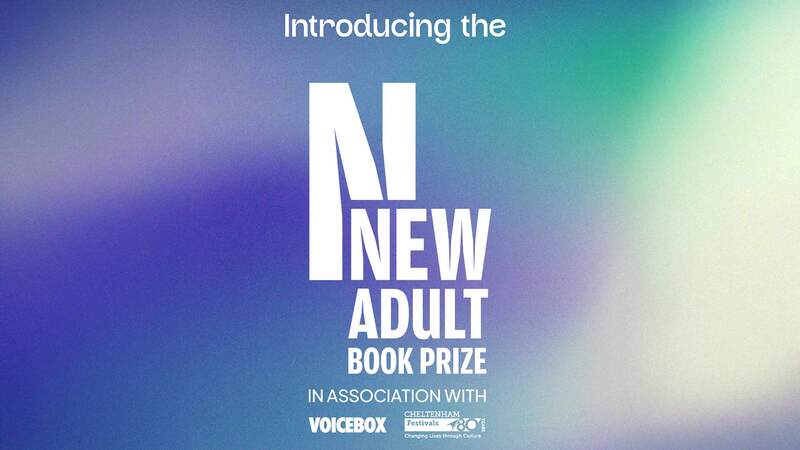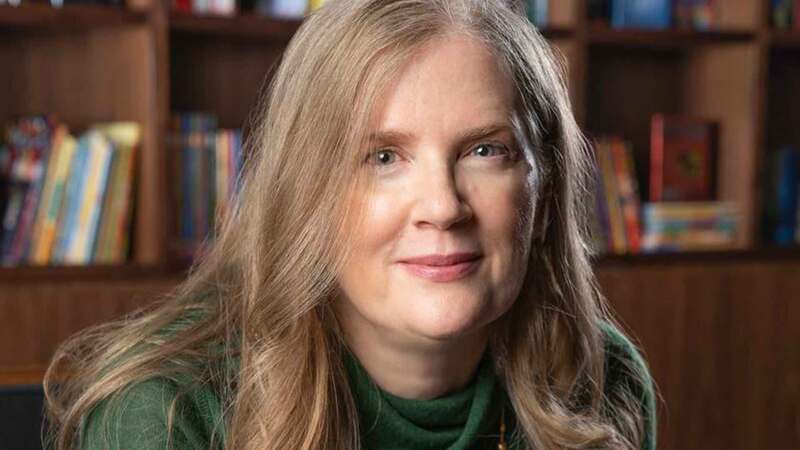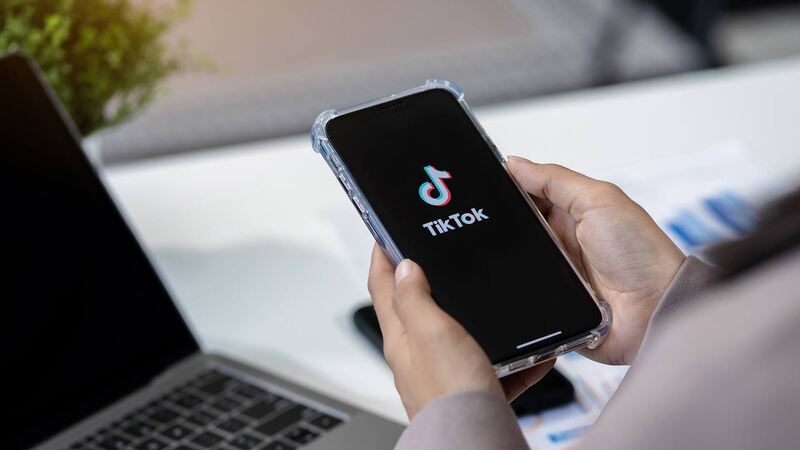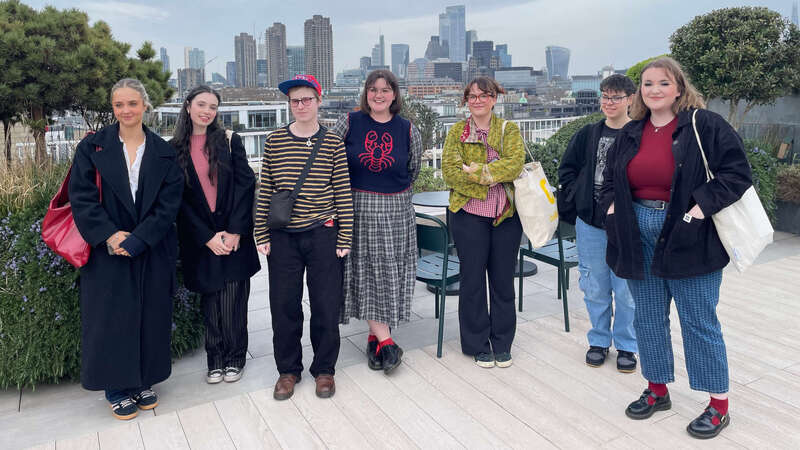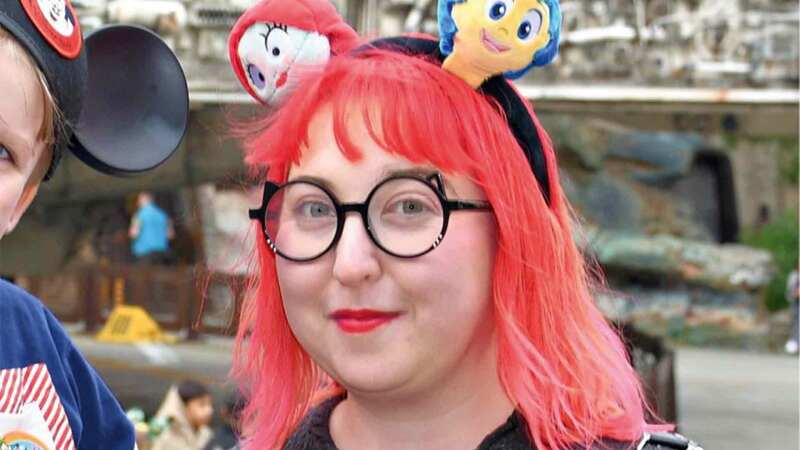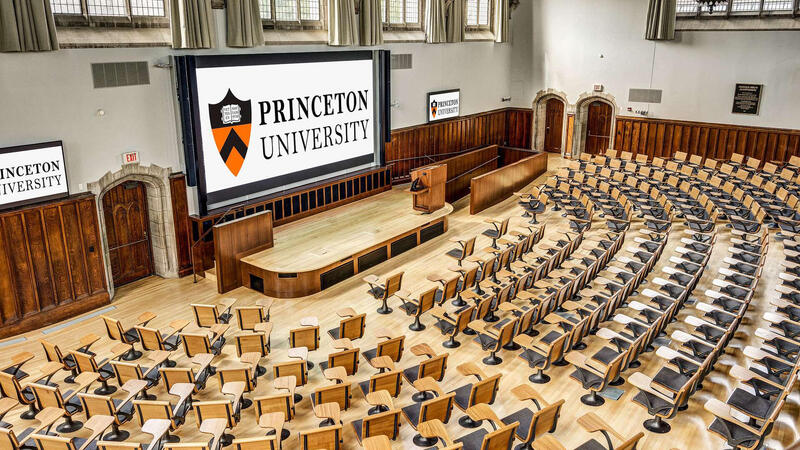You are viewing your 1 free article this month. Login to read more articles.
Question of how to monetise digital events hangs over festivals
A group of festival organisers have said monetising digital events needs "careful consideration" if the physical events are to survive post-pandemic life.
Speaking at The Bookseller's Marketing & Publicity webinar, chaired by Hannah Trevarthen pictured, Adrian Turpin, Wigtown Book Festival director, acknowledged that despite the serious obstacles, lockdown had pushed Wigtown Festival into "doing things we should have done before". For example, Turpin said it had harnessed "content hungry" digital platforms affiliated with Wigtown to post news and updates on the fesitval-a hybrid physical and virtual festival in the pipeline-to keep fans interested and updated.
All the panellists acknowledged the question of monetisation of digital events would pose issues going forward, however.
"The truth of it is, there isn't a market for the kind of [paid for] content that we produce", said Turpin.
Syima Aslam, Bradford Literature Festival founder, discussed the merits of a "split model", generating income through sponsorship and advertising, instead of relying wholly on ticket sales. Bradford Lit Fest was free this year, and 99% of its children's events are free every year.
Madeline Toy, head of literature programming at Bath Festival, said the pandemic had brought about "unprecedented times for everyone" and that all festivals would have to revise their dependency on ticket sales as the major source of income. Bath festival uses corporate sponsorship, ticketing and patronage to generate profit, though Toy was sceptical about relying on sponsors if festivals were to become solely digital. "There's a danger in considering it a new revenue stream", she said, adding that organisers must be adept at "recognising opportunity and adapting and moving with it".
Aslam suggested that community outreach was another way for festivals to accrue sponsorship and grow an audience. "Having a programme for schools can be a straightforward approach," she said, "and festivals should be partnering with bookshops".
Aslam pointed out that digital platforms have a "far, far broader audience" which in the future would help to grow engagement and direct people towards the physical events, resulting in better sales.
Toy suggested that although a wider reach was beneficial to a festival in the long term, "digital mediums don't neccessairily provide advantages" and that it was easy to conflate "accessibility with inclusivity. We've been working to break down the barriers to accessibility at our physical events," she said
Going forward, Turpin said festivals would increasingly "mix up live and recorded events" to keep going.
He added that there is a "real danger" of smaller literary festivals folding, and that the industry "doesn't want to end up with five dominant festivals". He urged publishers to see festivals as a "fertile resource" and a way to generate connections with core audiences and readers, in addition to building capacity for the festival in the coming years. In the future, Turpin said Wigtwon would be reliant on the "resiliance of the booktown and the booksellers".

